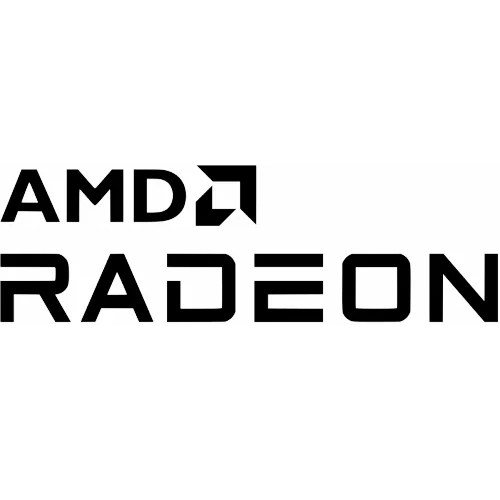RADV Driver Fixes Mesh Shader Support For AMD Phoenix APUs

Whether you are using Phoenix in the form of a laptop SoC, found within various gaming handheld devices like the ASUS ROG Ally, or the recently-launched Phoenix desktop APUs, the latest Mesa RADV activity should get mesh shader support squared away so that more games are rendering correctly.
It was recently reported with Radeon 780M integrated graphics how games like RoboCop: Rogue City with mesh shaders enabled were yielding missing textures:
It's also been reported around UE5 game issues on the ASUS ROG Ally using the Ryzen Z1 Extreme.
Prolific RADV contributor Samuel Pitoiset with Valve sorted out the issue and found out that the "GS_FAST_LAUNCH" mode needs to be set to 2 for RDNA3 APUs. This GS_FAST_LAUNCH issue has been known to cause problems for RDNA3 discrete GPUs, but it turns out for integrated RDNA3 graphics is just what's needed to get mesh shaders working correctly. But due to a possible firmware bug with Phoenix, it needs to be set with 2 rather than 1.
"GS_FAST_LAUNCH=1 shouldn't be used on GFX11 but it's still needed for dGPUs (eg. NAVI31) because it destroys performance for unknown reasons.
On RDNA3 APUs, GS_FAST_LAUNCH=2 seems to be required for working mesh shaders and performance is fine. There is possibly a firmware bug on APUs that would explain why GS_FAST_LAUNCH=1 doesn't work on Phoenix."
This change was merged today for Mesa 24.1-devel and is also set to be back-ported so should be appearing in the Mesa 24.0 stable series soon for fixing mesh shader use on RDNA3 integrated graphics.
6 Comments

